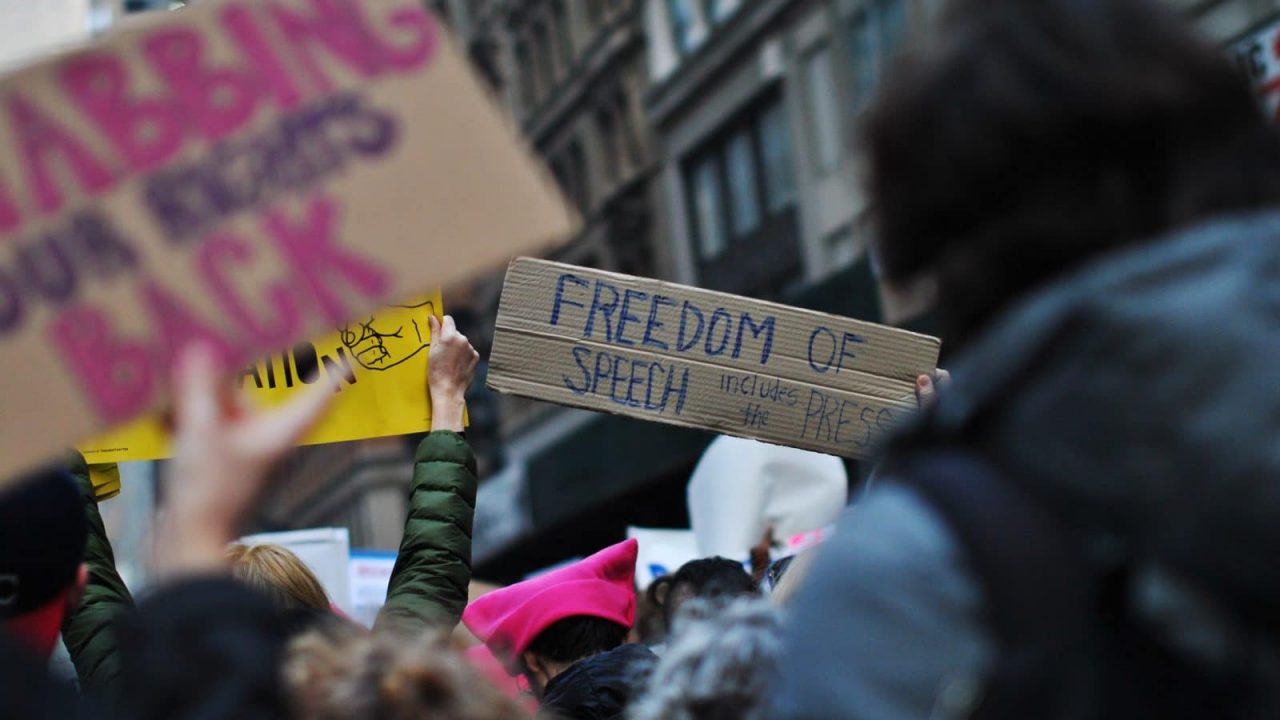
The latest report by Reporters Without Borders published on Thursday noted significant declines over the past year in levels of press freedom in Serbia, Albania and Moldova while the situation was improving in North Macedonia, Croatia and Kosovo.
Serbia was ranked in 90th place in the media watchdog’s world rankings, down by 14 places, while Moldova was ranked in 91th place, down by 10 places. Albania was ranked in 82nd place, down by seven places.
The report said that in Serbia, “the number of attacks on media is on the rise, including death threats, and inflammatory rhetoric targeting journalists is increasingly coming from the governing officials”.
It added: “Within five years of President Aleksandar Vucic in effect governing the country, Serbia has become a place where practicing journalism is neither safe nor supported by the state”.
It noted that many attacks on journalists’ integrity are not investigated, solved, or punished, while aggressive smear campaigns that pro-government media orchestrate against investigative reporters are in full swing.
In Moldova, the report said the media remains diverse but “extremely polarised, like the country itself, which is characterised by chronic instability and the excessive influence of its oligarchs”.
The report warned that media independence and quality and the concentration of ownership are major challenges in Moldova.
In Albania, the report said that attacks on the media from both the government and from organised crime “reached an unprecedented level in 2018”.
It added: “Journalists were subjected to insults, death threats and legal proceedings designed to intimidate and deter them from investigating corruption”.
It noted that top politicians, led by Prime Minister Edi Rama, had branded journalists as trash and as fake news manufacturers.
A joint report, it added, published along with the Balkan Investigative Reporting Network, BIRN, in March 2018 highlighted a number of threats to the media in Albania.
The picture in the rest of the region was not all gloomy. The report noted no change in Bulgaria, ranked at 111th place – the same place as in the last report – but still at the bottom of the list in the region.
In Bosnia and Herzegovina, according to the report, a polarised political climate, marked by constant verbal attacks and nationalist rhetoric, has created a hostile environment for press freedom. It ranked the country in 63rd place, down by one place, the same as Montenegro, ranked at 104th place.
“The authorities continue to pressure the public broadcaster RTCG to change its independent editorial policy,” the report said of Montenegro.
“Jovo Martinovic, an investigative reporter accused of drug trafficking, received an eighteen-month sentence in January 2019 and will appeal this decision hoping to be acquitted. The international community has condemned the verdict,” it recalled.
The report ranked Romania in 47th place, down by three places, and noted a lack of government consideration for the media, growing censorship and an increase also in self-censorship. It warned that the media in Romania have gradually been turned into political propaganda tools.
In Croatia, Kosovo and North Macedonia, the report said media freedom had improved. The biggest improvement was noted in North Macedonia, which rose by 14 places in the ranking and is now at 95th place.